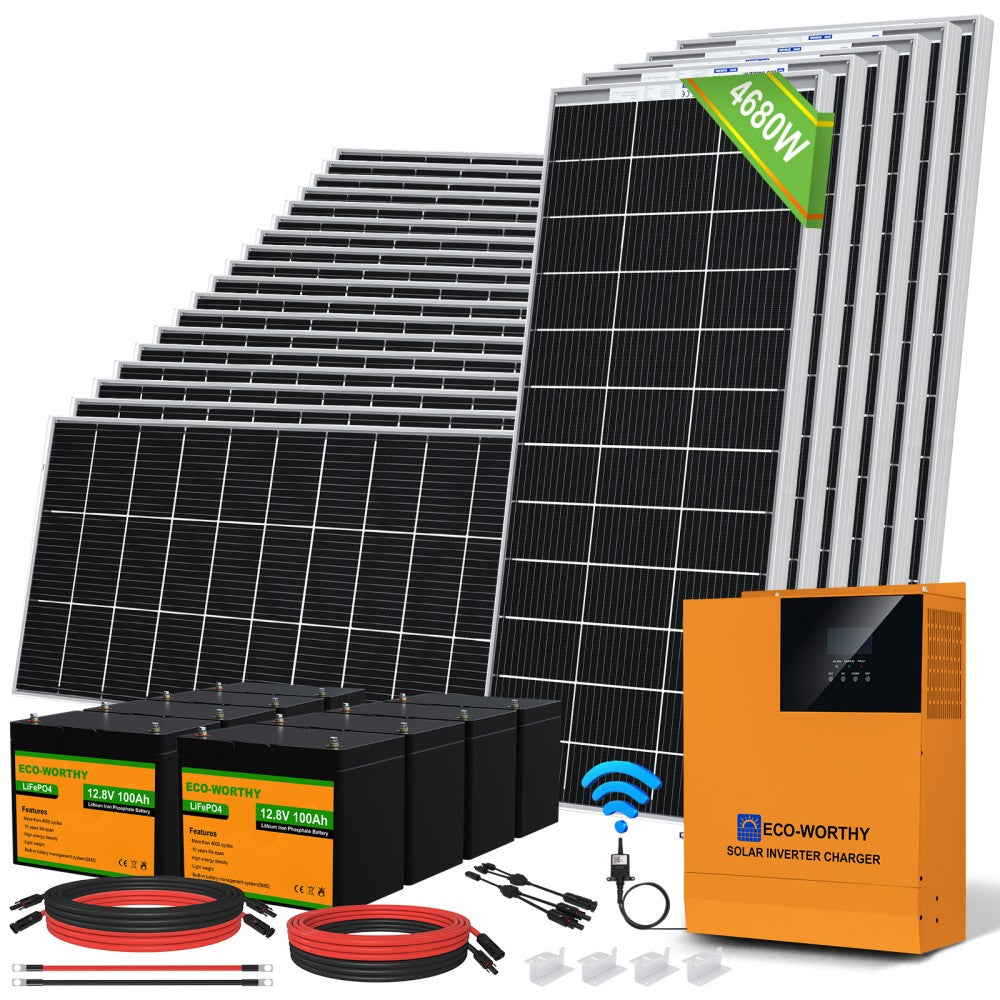When it comes to off-grid living or simply wanting to reduce your carbon footprint, investing in a solar power system is a smart choice. However, with the plethora of options available in the market, choosing the right off-grid solar kit can be a daunting task. This comprehensive guide aims to provide you with the necessary information to make an informed decision.

Understanding Your Energy Needs
Before delving into the world of off-grid solar kits, it's crucial to understand your energy needs. Conduct an energy audit to determine the amount of power your household consumes on a daily basis. Consider the appliances and devices you'll be powering with solar energy, and calculate the total wattage required. This will give you a clear idea of the size and capacity of the off-grid solar kit you need.
Components of an Off-Grid Solar Kit
Off-grid solar kits typically consist of solar panels, a charge controller, a battery bank, an inverter, and mounting hardware. The solar panels are responsible for converting sunlight into electricity, while the charge controller regulates the voltage and current from the panels to the battery bank. The battery bank stores the energy produced, and the inverter converts the stored DC power into AC power for use in your home. When choosing an off-grid solar kit, ensure that all these components are of high quality and compatible with each other.
Assessing Solar Panel Efficiency
One of the most crucial aspects of choosing the right off-grid solar kit is assessing the efficiency of the solar panels. Solar panel efficiency refers to the amount of sunlight the panels can convert into electricity. Higher efficiency panels will generate more power in limited space, making them ideal for off-grid applications where space is often a constraint. Look for monocrystalline or polycrystalline panels with a high efficiency rating to maximize the power output of your off-grid solar system.
Battery Storage Capacity
Another important factor to consider when selecting an off-grid solar kit is the battery storage capacity. The battery bank is essential for storing excess energy generated during the day for use during the night or on cloudy days. Assess your daily energy consumption and choose a battery bank with sufficient storage capacity to meet your needs. Additionally, consider the depth of discharge (DoD) of the batteries, as this will impact their lifespan and overall performance.
Choosing the right off-grid solar kit is a significant investment that can greatly impact your energy independence and environmental footprint. By understanding your energy needs, assessing solar panel efficiency, and evaluating battery storage capacity, you can make an informed decision that aligns with your off-grid lifestyle goals.








